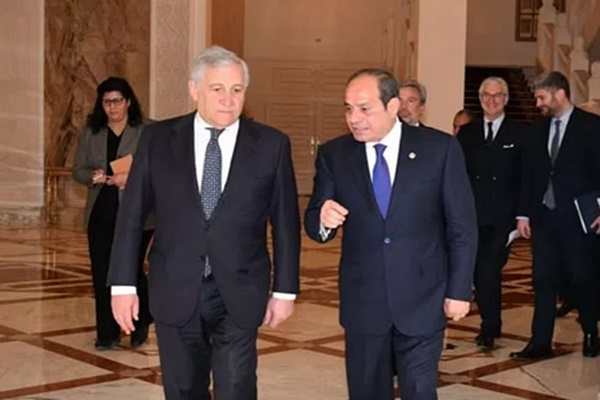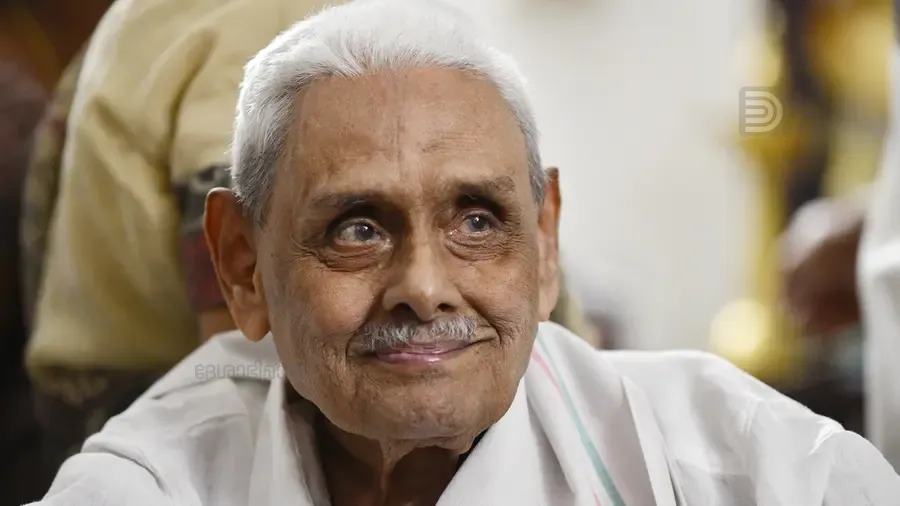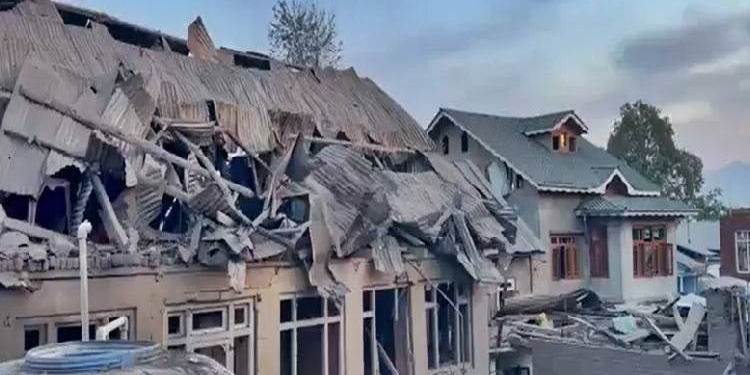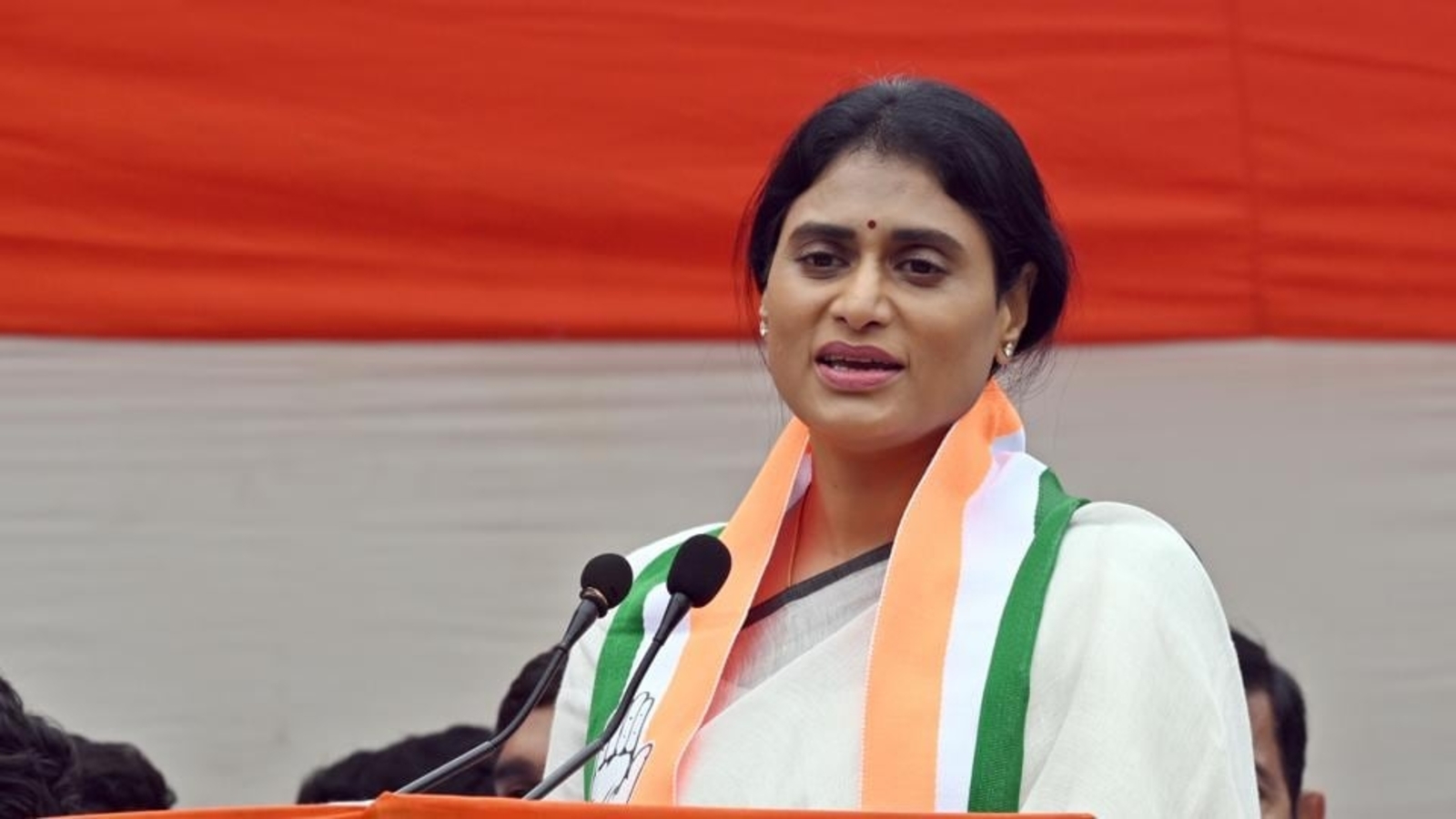Boris Johnson returns to London to drum up support for Brexit deal
Fri 18 Oct 2019, 16:27:15

London: After winning the backing of European Union leaders for his new Brexit deal, Prime Minister Boris Johnson was in London Friday looking to secure enough support to get the deal through the fractious British Parliament.
Johnson returned overnight for what is expected to be a busy day attempting to persuade lawmakers to vote for the divorce deal at a rare Saturday sitting of Parliament.
It is expected to be a knife-edge vote.
Johnson's Conservative Party doesn't have a majority in the 650-seat House of Commons so he will have to rely on support from other parties and independent lawmakers to get over the line.
Foreign Secretary Dominic Raab started drumming up support early.
"We've got a real opportunity now to get Brexit delivered faithful to the referendum, move on as a Government, and I think as a country, and lift the clouds of Brexit," he told the BBC.
Raab said the government has not given up hope of winning the support of its Northern Ireland ally the Democratic Unionist Party, which has rejected the new deal.
But the chances of that appeared slim. The DUP's Brexit spokesman, Sammy Wilson,
said Johnson's Brexit package was bad for Northern Ireland.
said Johnson's Brexit package was bad for Northern Ireland.
"I can give you absolute assurance we will not be voting for this deal when it comes before the Commons tomorrow," he told the BBC.
The deal's fate could largely rest on a group of former Conservative Party rebels expelled from the party earlier this year and members from the main opposition Labour Party, which has 244 members.
Around 20 of them, mainly representing pro-Brexit parts of the country, have previously indicated a desire to back a deal in order to honor the June 2016 Brexit referendum result.
If Johnson's charm offensive manages to corral enough votes to pass the deal, Britain would leave the EU in an orderly fashion on October 31.
If lawmakers reject the deal as they did three times with an earlier deal presented by Johnson's predecessor Theresa May a law passed earlier this year compels the prime minister to ask the EU for another extension.
Asked Thursday what he would do if Britain seeks an extension, European Council President Donald Tusk said he would consult the other 27 EU nations in order to reach a decision leaving open the prospect of another delay.
No Comments For This Post, Be first to write a Comment.
Most viewed from International
Most viewed from World
AIMIM News
Latest Urdu News
Most Viewed
May 26, 2020
Do you think Canada-India relations will improve under New PM Mark Carney?
Latest Videos View All
Like Us
Home
About Us
Advertise With Us
All Polls
Epaper Archives
Privacy Policy
Contact Us
Download Etemaad App
© 2025 Etemaad Daily News, All Rights Reserved.

.jpg)
.jpg)






.jpg)



.jpg)
.jpg)
.jpg)
.jpg)
.jpg)
.jpg)
.jpg)
.jpg)





















